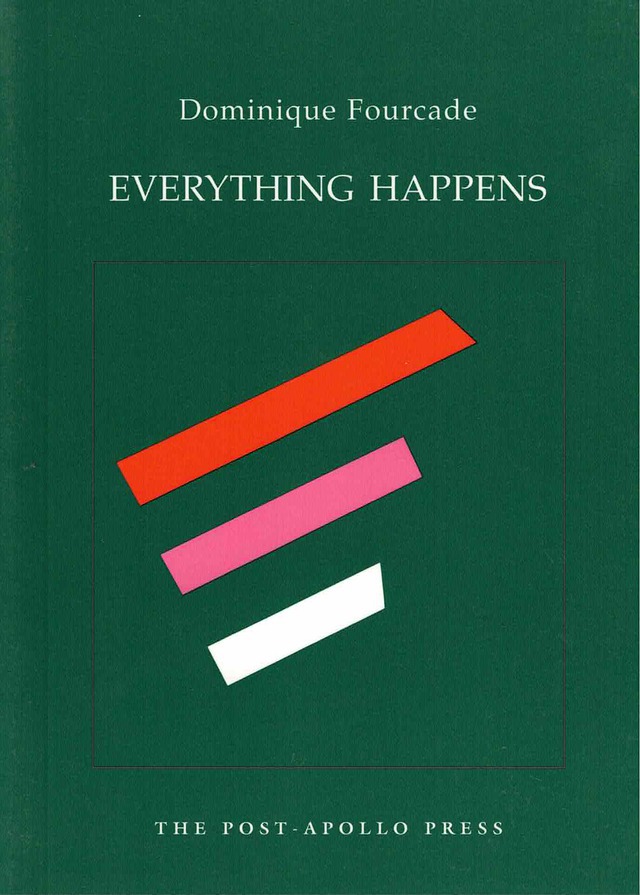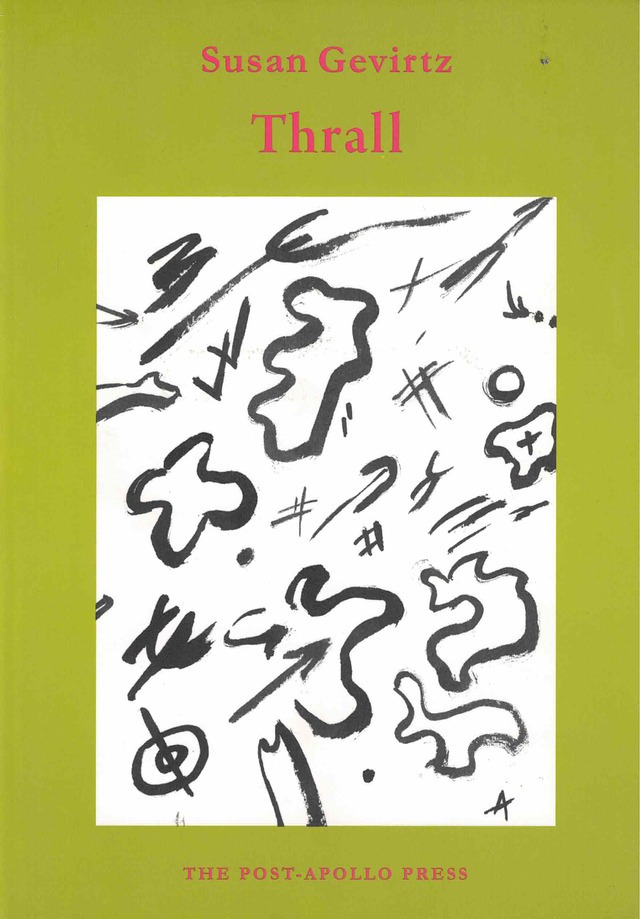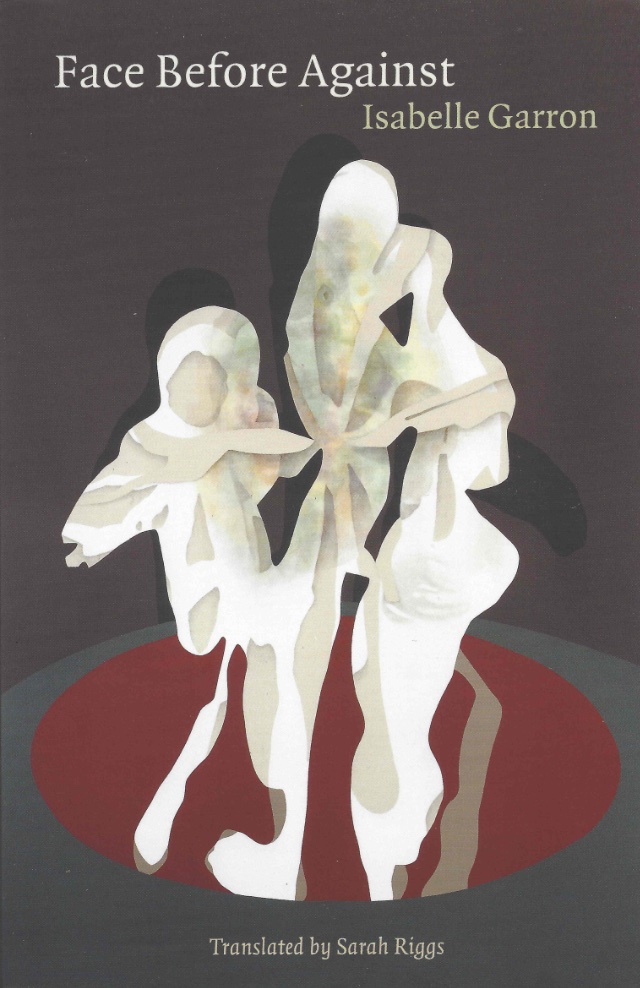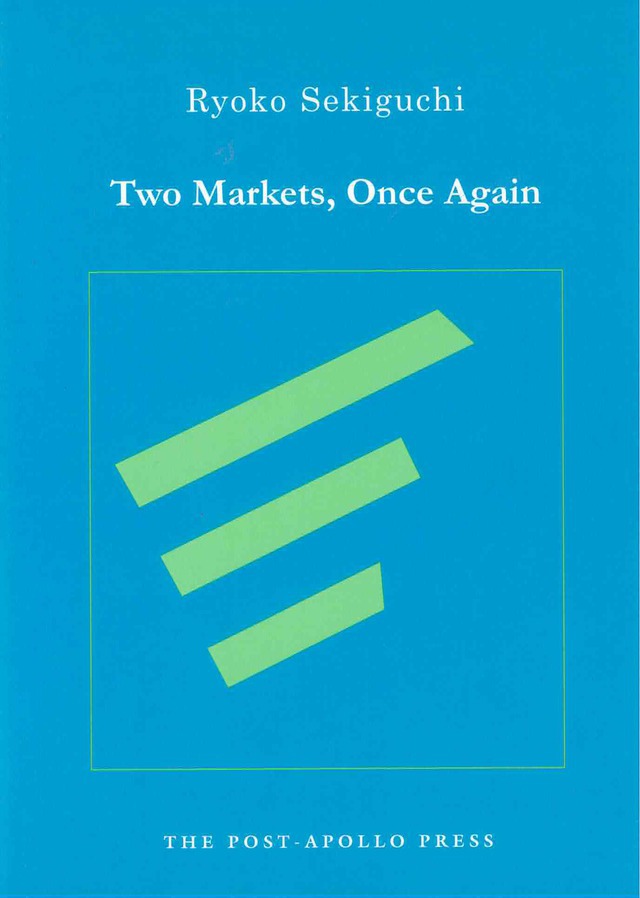From the Contemporary Poetry Series #1
Dominique Fourcade’s Everything Happens takes its title from Édouard Manet’s letterhead (Tout arrive), as found on an epistle the painter sent to the poet Stéphane Mallarmé. In his afterword, Fourcade relates that he had planned to improvise Everything Happens for a performance at the University of Buffalo in October 1999. However, he writes, “a setback, in the guise of laryngitis, terrible stage-fright, which is the opposite of a setback since it is indissociable from every instant of time, prevented me from doing so. Back in France, I could not do anything before writing it, this little book.”
Dominique Fourcade
Stacy Doris
Praise for Everything Happens
Manet selects the motto “Everything happens” for his stationery and sends a letter to Mallarmé at about the same time that William James, Gertrude Stein’s favorite professor, wonderfully writes “Life is in the transitions as much as in the terms connected.” Recognition is reflexive recognition. To recognize is to admit to oneself or to another, to mark, accept, perceive, empathize, identify with, to know again or further. Where shall we go? Once again Dominique Fourcade edgily emphatically lovingly recollects the it is of poetry’s transient passage across.
— Susan Howe
Taking his cue from Manet’s letterhead, Tout arrive, Dominique Fourcade, like an upside-down Boy Scout, invents a motto of his own: “Be ready but not prepared.” His ars poetica, teasingly torn from the French by Stacy Doris, is a deliciously quirky brief for the multitrack improvisation of possibility. “Let, and not force to happen” is not the idea but a method sounded in the alarm of writing. “The light is in the dark.”
— Charles Bernstein
Fourcade does not engage the problem of a silent muse, but of a muse gone wild: the discovery of a powerful epistemological maxim that promotes speculation and experimentation with non-ideological politics. The motto—”Everything happens”—lacks hierarchy… Within this matrix (and through Doris’ remarkable translation), Fourcade investigates from inside various languages: Dickinson’s, Mallarme’s, Stein’s, Oppen’s and a computer’s. Every moment of language is an opportunity—a risk… Fourcade takes the letterhead from Manet’s note paper, Toute arrive, and “allow[s] himself to be chosen” by these words.
— Eric Elshtain, Chicago Review





Fourcade’s complex of voices constitute a virtuosic, fugue-like “performance” with the off-handed verve of improvisation and the whimsy of variations-on-a-theme; as a prose-poem, the text is neurotically aware of its own limitations—those imposed by language, memory, perception (everything might happen without our noticing it), performance, death.
— John Hulsey, Boston Review
Published in Paris in January of 2000, 1998’s Grand Prix National de Poésie winner Dominique Fourcade’s Tout arrive forwards a remarkable poetics registering that nation’s post-Mallarméan anxiety while safely leaving it behind as an “improvisation fee.” Now, those reading in Stacy Doris’ English translation will find a great deal of provocation from a book which, despite the clichéd claim, both proclaims and demonstrates a poetics which is just this side of a new Continental Zen.
— Patrick F. Durgin, Double Change